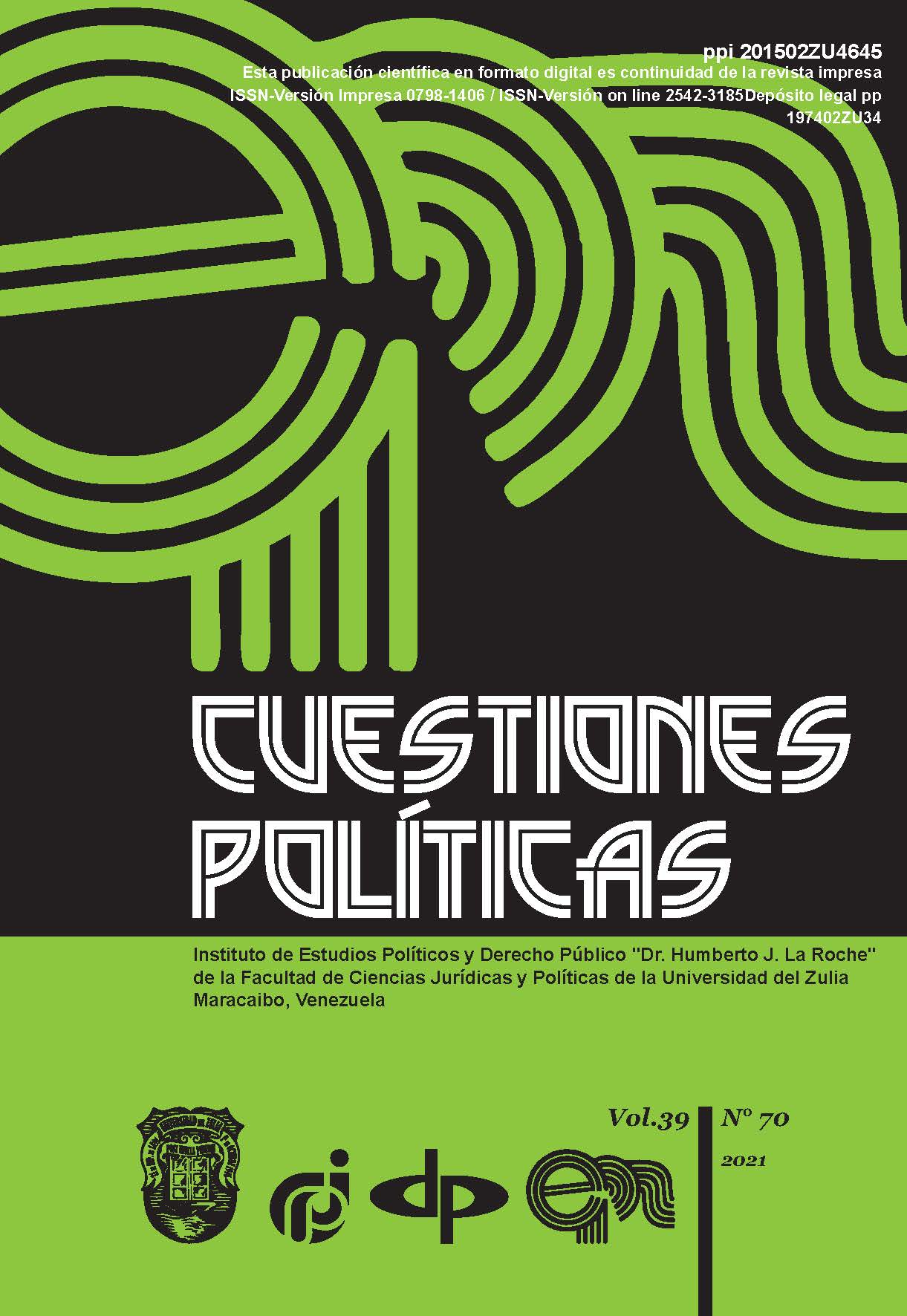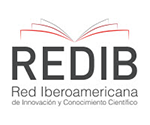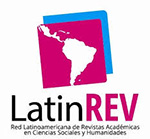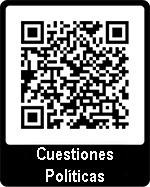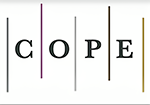Once upon a time there was a State... Notes on problematizing the State on the basis of complementary interpretations
Abstract
The main purpose of the notes here presented is to explore a series of aspects associated with institutional and anthropological views of the State, respectively and in a complementary manner. From a methodological perspective this study is of a strictly theoretical nature therefore, since it lacks concrete empirical support, questions such as the schooling of the State or its scope in terms of functions, institutions, and reforms will not be discussed here. Furthermore, We will work from the institutional and non-institutional -anthropological - aspects of the State, addressing different perspectives and authors. It is considered that these two positions offer different but necessarily complementary approaches that will make it possible to problematize the State by understanding both its macro and micro levels as areas in conflict. The paper concludes with an analytical reconsideration of the State’s link to civil society, citizenship, and its heterogeneous manifestations.
Downloads
References
ABRAMS, Phillip. 1977. “Notes On the Difficulty of Studying the State”. En: Journal of Historical Sociology. No. 1, pp. 58-88.
AUYERO, Javier. 2008. “The Political Ethnographer´s compagnon” En: Social Sciencie Research Council website, Tributes to Charles Tilly. Disponible en línea. En: https://www.ssrc.org/pages/the-political-ethnographer-s- compagnon/. Fecha de consulta: 17/11/2020.
AUYERO, Javier. 2013. Pacientes del Estado. Eudeba. Buenos Aires, Argentina. BECK, Ulrich. 1998. La invención de lo político. Para una teoría de la modernidad reflexiva. Fondo de Cultura Económica. Buenos Aires, Argentina.
BERTRANOU, Julián. 2015. “Estatalidad efectiva. Reflexiones sobre el estado a partir de los aportes de Guillermo O´Donnell” En: Temas y Debates. Vol. 19, No. 29, pp. 33-51. Disponible en línea. En: https://doi.org/10.35305/ tyd.v0i29.301. Fecha de consulta 31/05/2021.
BOURDIEU, Pierre. 1996. “Génesis de Estado. Génesis y estructura del campo burocrático”. En: Sociedad. No. 8, pp. 5-29.
CARMONA, José. 2020. “¿Influye el modelo de estado en la gestión de la pandemia?” En: Público, 01-05-2020. Disponible en línia. En: https:// www.publico.es/politica/influye-modelo-gestion-pandemia.html. Fecha de consulta: 17/11/2020.
CLASTRES, Pierre. 1981. Investigaciones en Antropología Política. Gedisa. Barcelona, España.
CLASTRES, Pierre. 2010. La sociedad contra el Estado. Virus. Barcelona, España.
DAS, Veena; Poole, Deborah. 2004. “State and its margins: comparative ethnographies”. En: Veena. Das y Poole, Deborah (comps). Antropology in the Margins of the State. Santa Fe: School of American Research Press. New, York, USA.
DE SOUSA SANTOS, Boaventura. 2020. La cruel pedagogía del virus. Buenos Aires. CLACSO. Disponible en línea. En: http://209.177.156.169/ libreria_cm/archivos/La-cruel-pedagogia-del-virus.pdf. Fecha de consulta: 17/11/2020.
EVANS, Peter. 1996. “El Estado como problema y como solución” En: Desarrollo Económico. Vol. 35, No. 140, pp. 529-562 (Original en inglés).
FOUCAULT, Michel. 1997. Ethics: Subjectivity and Truth. Essential Works of Michel Foucault, 1954–1984, (1). New Press. New York, USA.
FRANZÉ MUDANÓ, Adela. 2013. “Perspectivas antropológicas y etnografías de las políticas públicas”. En: Revista de Antropología Social. No. 22, pp. 9-23.
GUPTA, Akhil. 2015. “Fronteras borrosas: el discurso de la corrupción, la cultura de la política y el estado imaginado” En: Philip Abrams, Akhil Gupta y Timithy Michell. Antropología del Estado (pp. 71-144). Fondo de Cultura Económica. México DF., México.
IAZZETTA, Osvaldo. 2007. Democracias en búsqueda de Estado. Ensayos sobre América Latina. Homo Sapiens. Rosario, Argentina.
IAZZETTA, Osvaldo. 2011. “La democracia delegativa y su cara estatal”. En Guillermo O´Donnell, Osvaldo Iazzetta y Hugo Quiroga (coords.). Democracia Delegativa. Prometeo. Buenos Aires, Argentina.
JESSOP, Bob. 1999. “Desarrollos recientes en la teoría del Estado. Enfoques, problemas y agenda” En: Alberto Supelano Sarmiento y Jorge Bula (comps.). Crisis del Estado de Bienestar. Hacia una nueva teoría del Estado y sus consecuencias sociales. Siglo del Hombre Editores- Universidad Nacional de Colombia. Santa Fe de Bogotá, Colombia.
LIPSKY, Michael. 1980. “La burocracia en el nivel callejero. La función crítica de los burócratas en el nivel callejero” En: Jay Shafritz y Albert Hyde. Los clásicos de la Administración Pública (pp. 780-794). Fondo de Cultura Económica. México DF., México.
MANN, Michael. 1991. “El poder autónomo del Estado: sus orígenes, mecanismos y resultados” En: Zona Abierta. Vol.5, No.01, pp. 15-50.
MARTÍNEZ OLGUÍN, Juan. 2020. “Pandemia y estado de excepción” En: La Vanguardia, 27-04-2020. Disponible en línea. En: http://www. lavanguardiadigital.com.ar/index.php/2020/04/27/pandemia-y- estado-de-excepcion/. Fecha de consulta: 17/11/2020.
NEGRI, Antonio; Hardt, Michael. 2017. El trabajo de Dionisos. Una crítica de la forma-Estado. Akal. Madrid, España.
NOGUEIRA, María. 2021. “La política, El Estado y la pandemia. Reflexiones sobre contextos de excepcionalidad” En: del Campo Tejedor, A. Pensar la pandemia. Más allá de la sanidad y la economía. Dykinson. Madrid, España.
O´DONNELL, Guillermo. 1993. “Acerca del Estado, la democratización y algunos problemas conceptuales. Una perspectiva latinoamericana con referencias a países poscomunistas”. En: Desarrollo Económico. Vol. 33, No.130, pp. 163-183.
O’DONNELL, Guillermo. 2010. Democracia, agencia y estado. Teoría con intención comparativa. Prometeo. Buenos Aires, Argentina.
OBSERVATORIO SOCIAL DEL CORONAVIRUS. 2020. “El Estado, las respuestas públicas y el día a día después de la pandemia”. Disponible en línea. En: https://www.clacso.org/el-estado-las-respuestas-publicas-y- el-dia-despues-de-la-pandemia/. Fecha de consulta: 17/11/2021.
OSZLAK, Oscar. 1978. “Formación histórica del Estado en América Latina. Elementos teórico-metodológicos para su estudio” En: Estudios CEDES, Vol. 3, No. 1. Disponible en línea. En: https://repositorio.cedes.org/ handle/123456789/3455. Fecha de consulta: 14/05/2020.
OSZLAK, Oscar; O’Donnell, Guillermo. 1976. Estado y políticas estatales en América Latina. Hacia una estrategia de investigación. CEDES/CLACSO. Buenos Aires, Argentina.
POLANYI, Karl. 2016. La gran transformación. Los orígenes políticos y económicos de nuestro tiempo. Fondo de Cultura Económica. Buenos Aires, Argentina.
ROSE, Nikolas; O’MALLEY, Pat; VALVERDE, Mariana. 2012. Gubernamentalidad. En: Annual Review of Law and Social Science. No.6, pp. 83-104.
RUIZ VALDIVIA, Antonio. 2020. ¿Está en peligro la democracia por la pandemia del coronavirus? En: Huffington Post, Disponible en línea. En: https://www.huffingtonpost.es/entry/esta-en-peligro-la-democracia- por-la-pandemia-del-coronavirus_es_5e8c52f7c5b62459a92ecb92. Fecha de consulta: 21/04/2020.
SCHAVELZON, Salvador. 2010. “La antropología del Estado, su lugar y algunas de sus problemáticas”. En: Publicar. No. 9, pp. 73-96.
SHORE, Cris. 2010. “La antropología y el estudio de la política pública: reflexiones sobre la formulación de las políticas” En: Antípoda. Disponible en línea. En: https://doi.org/10.7440/antipoda10.2010.03. Fecha de consulta: 12/12/2020.
TILLY, Charles. 2010. Democracia. Akal. Madrid, España.
TROUILLOT, Michel-Rolph. 2011. Transformaciones globales. La antropología y el mundo moderno. Universidad del Cauca-Universidad de los Andes. Bogotá, Colombia.
WHITEHEAD, Laurence. 2011. Democratización. Teoría y experiencia. Fondo de Cultura Económica. México DF., México.
Copyright
The authors who publish in this journal agree to the following terms:
The authors retain the copyright and guarantee the journal the right to be the first publication where the article is presented, which is published under a Creative Commons Attribution License, which allows others to share the work prior to the recognition of the authorship of the article work and initial publication in this journal.
Authors may separately establish additional agreements for the non-exclusive distribution of the version of the work published in the journal (for example, placing it in an institutional repository or publishing it in a book), with an acknowledgment of its initial publication in this journal.
This work is under license:
Creative Commons Reconocimiento-NoComercial-CompartirIgual 4.0 Internacional (CC BY-NC-SA 4.0)


